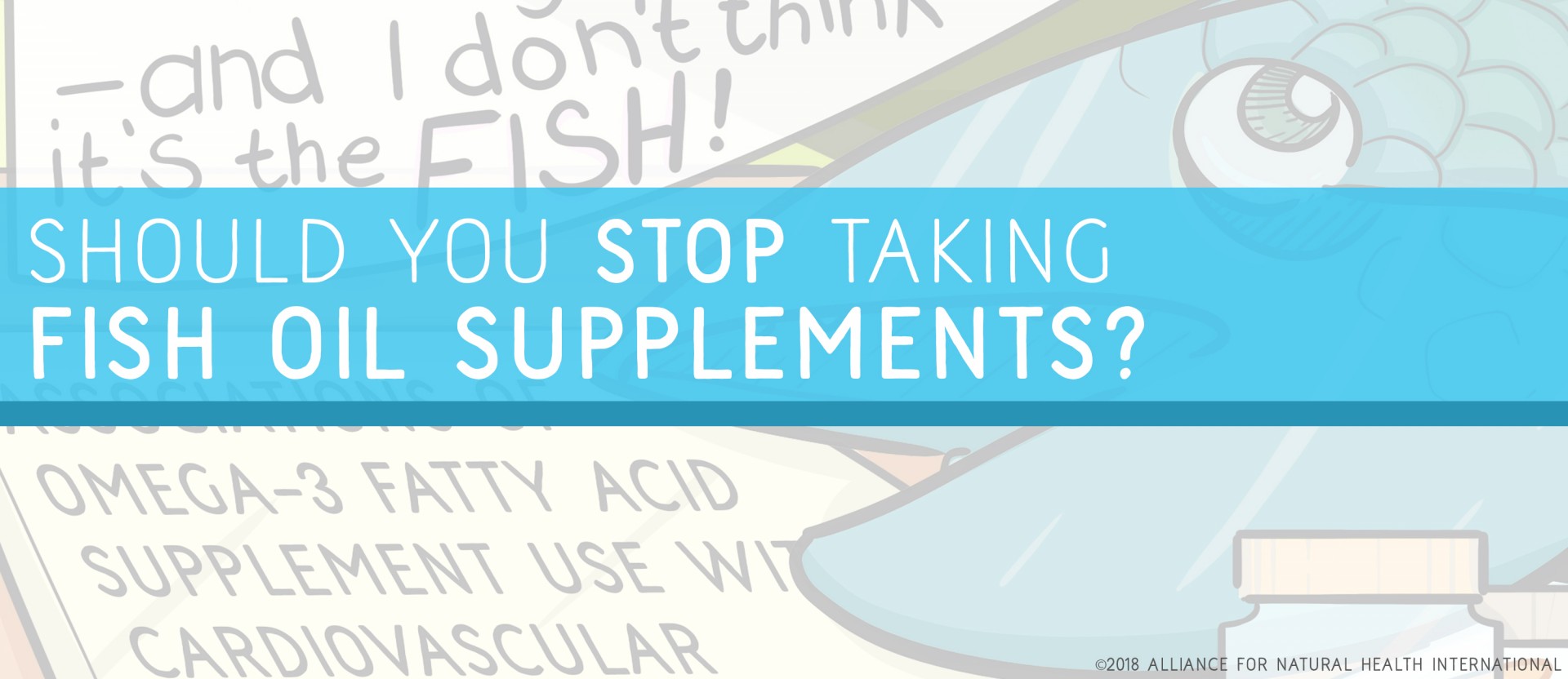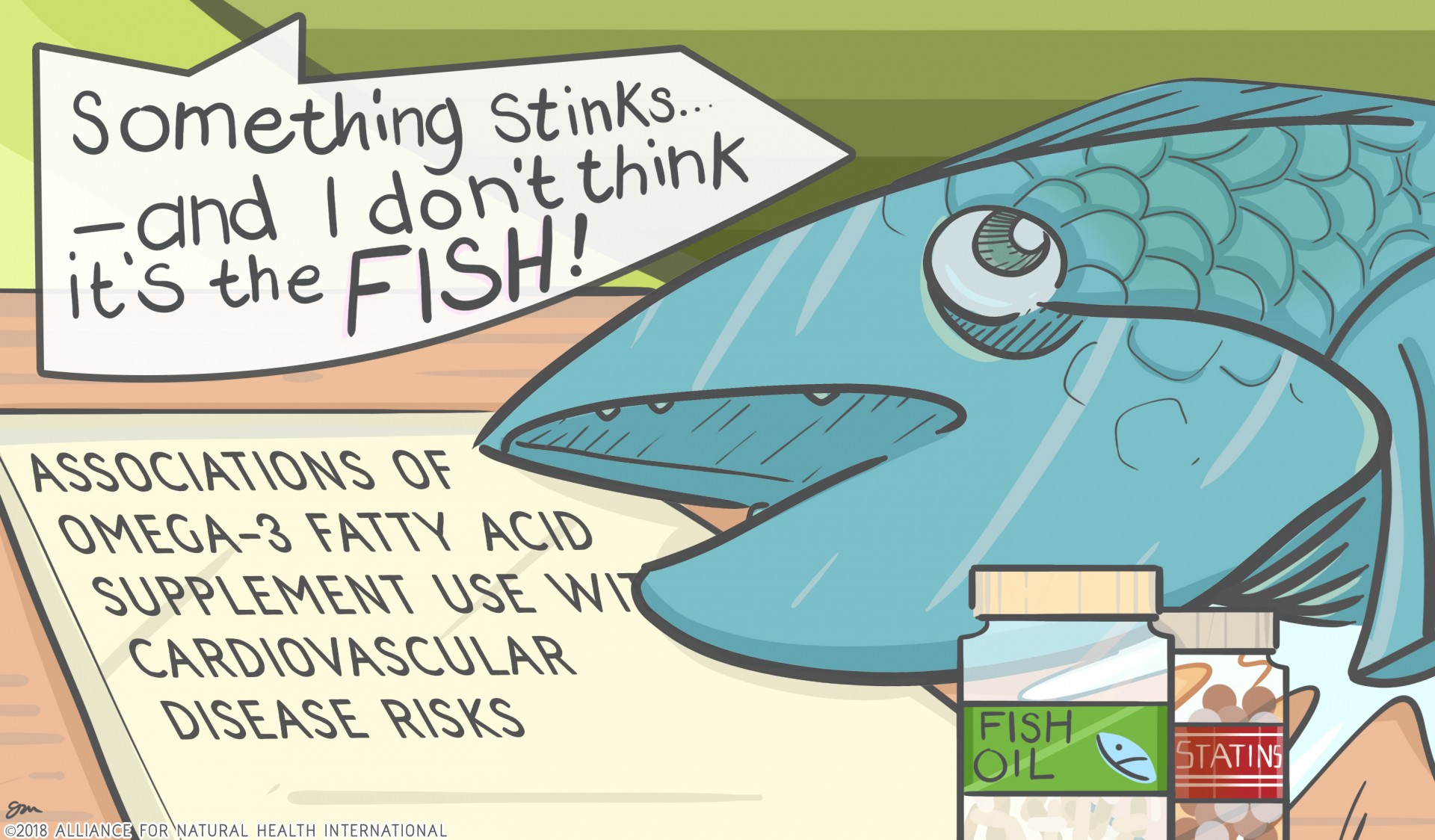Content Sections
While the vast majority of us agree that a ‘plant-based diet’ is the healthiest kind of diet we can eat, being associated with the longest-lived, least diseased populations on the planet, the term can also be widely and variously interpreted. It’s not just what plant foods should be included, it’s how much, how often and whether or not animal foods should or shouldn’t be included. If they are, which bits do we really need? Is it the fats or the proteins we need most?
Omega-3s are essential fats
A recent Harvard study suggests that swapping out animal protein, especially when derived from processed meats, for plant protein reduces not only death from all causes but also, more specifically, death from cardiovascular diseases. But this study, like many conducted in recent times, doesn’t necessarily tell us that red or animal meats per se are harmful, it can also be to do with how we produce them and cook them. What most have concluded over the last few decades of evidence and experience is that a specific group of polyunsaturated fatty acids (PUFAs) called Omega-3 (ω3) fatty acids are not just important to everyone, but are essential to them, whether you’re vegan, vegetarian, pescatarian or an omnivore. Not only this, those of us reliant on modern, Western diets typically consume an excess of industrially-produced, highly refined vegetable fats containing very high levels of pro-inflammatory Omega-6 fatty acids.
The thing is that Omega-3s come in two main forms: either the long-chain (LC) (carbon [C] chains ≥ 20C), or short-chain forms (≤ 18C/chain). The LC forms include eicosapentaenoic acid (EPA, 20:5ω3), docosapentaenoic acid (DPA, 22:5ω3) and docosahexaenoic acid (DHA, 22:6ω3) and the richest sources of these are found in oils in seafoods and certain algae. The most important short-chain (SC) form is α-linolenic acid (ALA) that is found in plant oils, especially flaxseed oil, walnuts and other edible seeds, clary sage seed oil, various algal oils, Echium oil and hemp oil. Our ability to convert plant-derived SC forms (ALA and stearidonic acid [SDA] to the LC forms EPA and DHA is limited.
So what now? Do we need to rethink whether we ditch our Omega-3 fish oil or algal supplements – or stop eating our 2 to 3 servings a week of oily fish? The trigger paper that suggests a recalibration of advice on Omega-3 intakes is a major study (meta-analysis) by the ‘Omega-3 Treatment Trialists’ Collaboration’ based on existing evidence from randomised controlled trials (RCTs) published in JAMA Cardiology. The paper says there’s no heart health benefits for those at high risk of cardiovascular disease, the number 1 killer in the West?
Why the anti-Omega-3 meta-analysis is a stitch-up
In our view there are a gaggle of factors that mean the very specific findings of the JAMA Cardiology paper.
- Pre-diseased study populations. The ten RCTs that were evaluated in the meta-analysis looked only at populations who already had prior diagnoses of CHD (coronary heart disease), stroke or were at high risk of cardiovascular disease. It therefore was not able to determine the benefits of fish oils for CVD prevention in healthy populations
- Insufficient supplementation and follow-up periods. Some of the studies involved study periods of just 12 months with a mean period of supplementation of just 4.4 years, with insufficient follow-up, which is likely not long enough to adequately test the ability of fish oils on their own to reverse serious heart disease
- Neutralisation of positive effects. The 10 RCTS included greatly varying protocols (e.g. EPA or DHA doses, different background diets, disease state of subjects), that unsurprisingly resulted in great variability in results. By combining these results in a meta-analysis the most beneficial results from the most promising studies were largely cancelled out causing the investigators to conclude that the net effects were not significant, even though they showed consistently beneficial effects of fish oil supplementation for the 4 sub-categories of heart disease being evaluated, namely non-fatal myocardial infarction (heart attack), coronary heart disease health, any coronary heart disease and major vascular events (see Figure 2 from the study)
- Doses too low and varied. Dosages were generally highly varied and too low (ranging from 226/150 mg for EPA and DHA respectively (Alpha Omega 2010) through to 1800 mg for EPA with no DHA (JELIS). The former showed negligible overall benefit, the latter considerable benefit, but was always combined with statin therapy. Positive effects, for example on arterial disease, have recently been shown to require dosages in the order of 5000 mg (2600 mg EPA, 1800 mg DHA)
- Confounding factors. In most studies there was no attempt to measure a wide range of factors that are known to work alongside a healthy balance of LC Omega-3 fatty acids, such as low Omega-6 fatty acid intakes from refined plant-based oils, low intake of processed meats, low intakes of high-temperature cooked meats that can become major sources of radical oxygen species, mutagens and carcinogens, adequate and regular physical activity, and other factors. These confounding factors are likely to have masked in some studies consistent beneficial effects of Omega-3 supplementation that are particularly dose-dependent such as the lowering of blood triglycerides where they are raised, or their potent anti-inflammatory effects mediated at least in part through their role in producing so-called resolvins. Evaluating dose-dependant effects of Omega-3 intake would be much more constructively undertaken using a blood cell marker, notably the Omega-3 index
- Conflicts with other findings and interpretations. The results conflict with the recommendations of the American Heart Association and a wide range of other authorities that continues to recommend prescription fish oil supplements for secondary prevention of coronary heart disease and sudden cardiac death. They also conflict with a wide range of health authorities around the world that continue to recommend EPA and DHA, albeit often in insufficient dosages.
As we’ve seen many times before, this is in our opinion another study designed to fail.
The pro-statin smoking gun
The take-home from all of the above is that it very much appears that the gathering of the lead investigators involved in 10 trials to form a collaboration that undertakes a meta-analysis produced an entirely predictable end-result. All of this was likely helped along by the pharmaceutical interests that have been the majority of the Omega-3 RCTs.
While the funding for the meta-analysis looks innocuous, being the “the British Heart Foundation, a grant from British Heart Foundation Centre for Research Excellence Oxford, and support from Medical Research Council Clinical Trial Service Public Health Research Unit at the Clinical Trial Service Unit and Epidemiological Studies Unit, University of Oxford, where the Omega-3 Treatment Trialists’ Collaboration secretariat was located.” (see Funding/Support section on final page of the paper). That happens to the very same home of the Cholesterol Treatment Trialists’ Collaboration that is the highly controversial group of researchers – the ‘spiritual’ home of none other than the great ‘statinator', Professor Sir Rory Collins.
And did we forget to tell you Sir Rory is hidden in the authorship of the latest Omega-3 whitewash meta-analysis?
 Professor Sir Rory Collins, Oxford University
Professor Sir Rory Collins, Oxford University
(image retrieved from Nuffield Department of Population Health)
If defence of statins weren’t enough of a motive, there is also a burgeoning literature on the equivalent or superior function of fish oils as anti-inflammatory agents compared with non-steroidal anti-inflammatory drugs (NSAIDs) like ibuprofen and high-dose aspirin.
You can make up your own mind – but our advice is if you value your long-term health, keep taking your long-chain omega-3 supplements from sustainable, uncontaminated marine sources, be they seafoods or algae.
Back to Sustainable Health Campaign









Comments
your voice counts
02 May 2018 at 11:27 pm
Professor Sir Rory Collins has failed to publish details of his team's research into the safety and efficacy of the use of statins in humans citing 'commercial sensitivity' as his reason. Please forgive the cynicism but it begs the question as to who's 'commercial sensitivity' will be affected by publishing the results?
03 May 2018 at 8:23 am
Thanks for taking the time to comment Nick. It is indeed a good question!
Warm Regards
Melissa
03 May 2018 at 11:59 am
Quite right Nick. As always, when in doubt, follow the money...!!
Best
Meleni
03 May 2018 at 12:43 am
(Sir) Rory Collins is a disgrace to his profession - probably a Guardian reader! He is the biggest fabricator of the truth in the medical world and sits firmly in the pocket of Big Pharma. Nevertheless, 'Fish Oil' is a discredited group of supplements because all fish oil supplements (with the exception of cold-pressed, raw, Alaskan Sockeye Salmon oil) are unlikely to be a match for whole (non-contaminated) oily fish or marine phytoplankton (not Novel Food approved, yet this algae feeds virtually all living creatures in the Ocean). EPA/DHA and other Omega's in phytoplankton and oily fish exist in a 'whole food' context... i.e. they are attached to phospholipids and glycolipids... exactly the same material that we find in the structure of human cell membranes. Concerned about controversial fish oil supplements? Time to get real!
03 May 2018 at 12:16 pm
Hi - great piece. Yes Sir Rory's unreliable finger prints are all over this and so are those of another author of the paper - Dr Justin Clarke also of Oxford. They were both also authors of a dreadful study done a few years ago supposedly to 'test' the hypothesis that B vitamins could reduce cognitive decline - actually it was a shoddy hatchet job for similar reasons that Rob has set out here - giving oil to people with no problem and to people with adequate levels of B vitamins etc etc.
Just how bad I described here:
http://healthinsightuk.org/2015/08/06/policy-on-alzheimers-sure-we-want-a-cure-just-so-long-as-its-not-cheap/
And here is another account of an equally careless biased study done at Harvard that also supposedly showed that O3 was no good. Oxford, Harvard - this is emininence based medicine at its worst
http://healthinsightuk.org/2015/09/03/is-it-really-codswallop-that-fish-oil-protects-the-brain-probably-not-heres-why/
Best
Jerome
03 May 2018 at 5:15 pm
Thanks Jerome - you more than any other will definitely know the persisted efforts through cherrypicked studies to bury a lot of what we know is true with natural minerals and nutrients in the science 'mainstream'!
- Charlie
07 May 2018 at 4:31 pm
Whew! That took some careful reading... So, can one reverse arterial damage (narrowing) by high doses of Omega 3 fish oil ? The one we take is 1280 mg omega-3 in the r-triglyceride form (675 mg EPA and 460 mg DHA)band includes 1000 IU vitamin D3.
The article suggest taking 4 per day would improve artery disease. For how long?
Thanks for advice
Merle
Your voice counts
We welcome your comments and are very interested in your point of view, but we ask that you keep them relevant to the article, that they be civil and without commercial links. All comments are moderated prior to being published. We reserve the right to edit or not publish comments that we consider abusive or offensive.
There is extra content here from a third party provider. You will be unable to see this content unless you agree to allow Content Cookies. Cookie Preferences